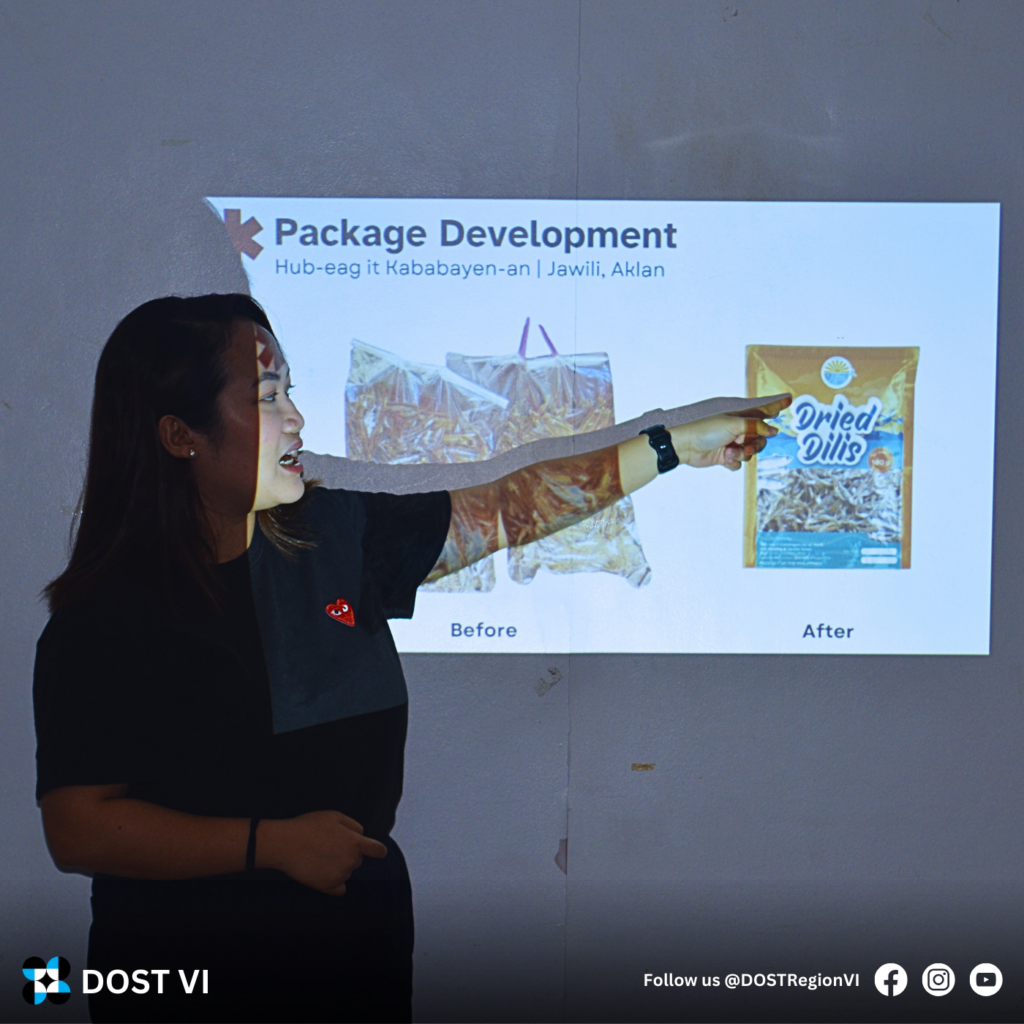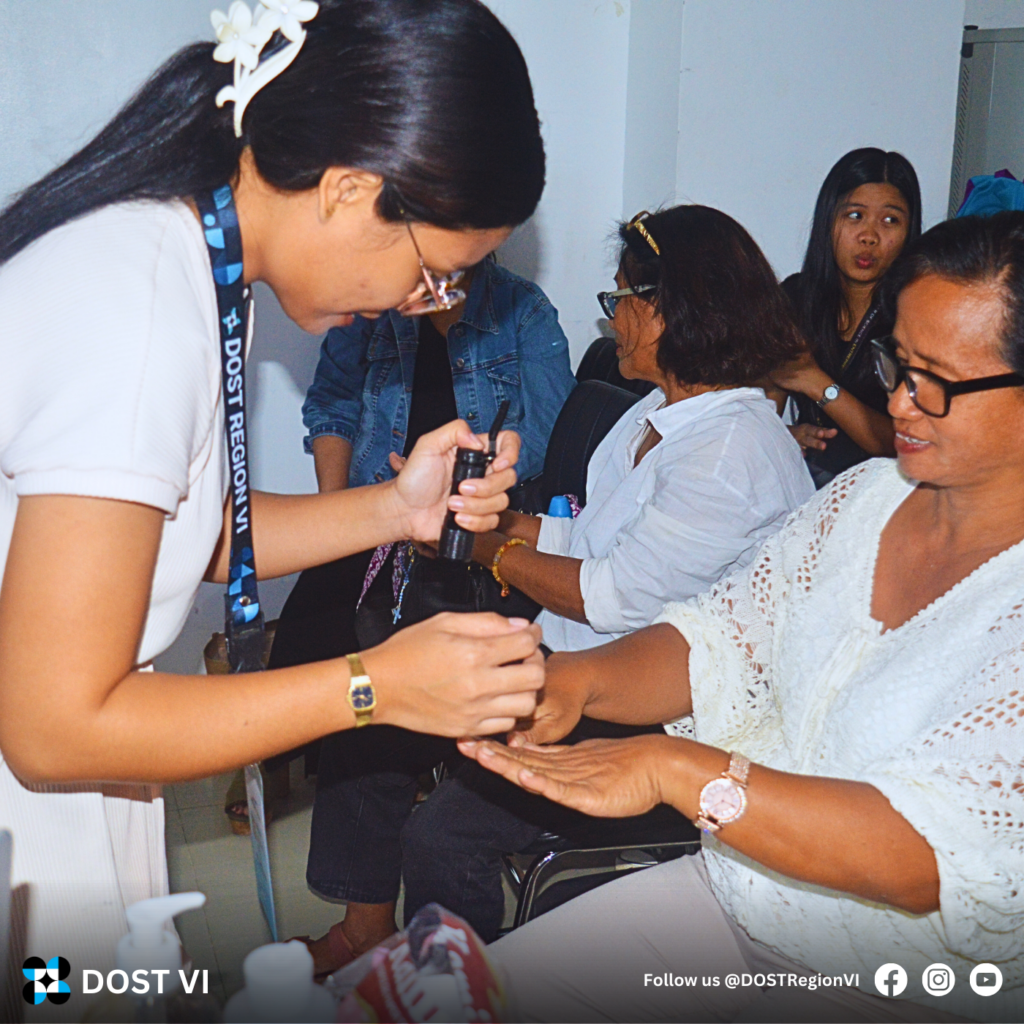
Micro, small, and medium enterprises (MSMEs) in Capiz upgrade their skills in packaging and labeling and food safety through a training organized by the Department of Science and Technology VI (DOST VI) and the Department of Trade and Industry (DTI). This program is organized to boost product quality, ensure compliance with industry standards, and enhance market appeal. by equipping the local food producers and business owners with crucial knowledge in packaging, labeling, and food safety and empowering them to thrive in competitive markets.

Led by the DOST VI resource speakers, Ms. Faye Camille Jimenea and Ms. Shannon Naval, the first session focused on packaging and labeling. Participants were taught about [DV1] the critical elements that make products attractive and compliant with regulations, as well as exploring the four key functions of packaging—protection, containment, ease of use, and communication—along with essential branding techniques. The session covered mandatory labeling requirements, including ingredient lists, allergen disclosures, and nutrition facts, equipping the attendees with tools to inform consumers effectively. Practical tips on branding and design, such as logo creation, color schemes, and layout, were also provided, empowering MSMEs to improve their product’s visual appeal and consumer trust.

Following this, participants engaged in training centered on food safety and Current Good Manufacturing Practices (cGMP) through the guidance of Ms. Gesselle R. Marcon, a food safety expert from DOST VI. Key topics included foundational food safety practices, such as the “Five Keys to Food Safety”: maintaining cleanliness, separating raw and cooked items, thorough cooking, safe temperature control, and the use of safe raw materials. Ms. Marcon also covered the implementation of cGMP in areas such as facility management, equipment maintenance, and pest control, along with discussions on compliance with the Food Safety Act of 2013 (RA 10611) and obtaining a DOH Food and Drug Administration License to Operate (LTO). These collaborative initiatives not only equipped MSMEs with valuable skills but also fostered a culture of safety and compliance in the local food industry. Through enhancing their knowledge of packaging, labeling, and food safety standards, local food producers and business owners are better positioned to improve competitiveness and build consumer trust in their offerings, contributing to the growth and sustainability of their businesses. Importantly, this training equips MSMEs with the necessary skills and knowledge to meet the FDA’s requirements, aligning them with regulatory standards and strengthening their market position. (PMOBautista, DOST Capiz)

